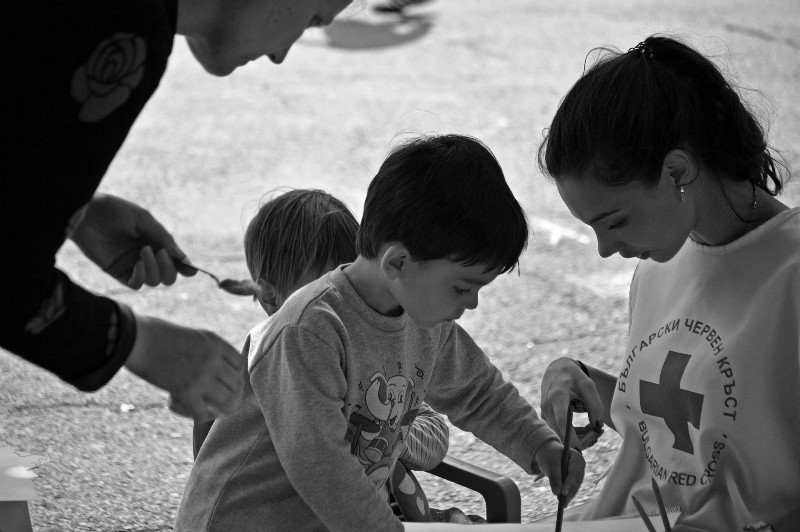Altruism is caring for other people without any obvious benefit to the person who cares. An altruist is a person who does kind and selfless deeds to help other people.
What is ALTRUISM – definition and meaning in simple words.
In simple words, Altruism is an act of kindness and care that does not bring tangible or intangible benefits. For example, when someone donates money to charity, then this act can be considered altruistic, since it does not imply any material return in the future.
Altruism is the desire to help other people selflessly, that is, without demanding anything in return. This behavior is the exact opposite of selfishness.
Although it should be clearly understood that if someone builds houses for the poor and sells them at the best credit terms or prices, this will be considered an act of charity (philanthropy), but not altruism.

There are several types or forms of altruism:
- Parental altruism is the simplest and most obvious. Caring for your children is considered normal and natural in all human societies. In fact, this is the “basic instinct” of humanity (and not only), which helps to preserve and continue the survival of the species. Usually, this kind of altruism can also be expressed in the form of complete self-sacrifice. This is an extreme form of altruistic behavior.
- Mutual altruism is when a person is ready to help another person, being sure that he will do the same for him, in a similar situation. This form of altruism is usually seen in true friends, lovers, or relatives. Such behavior in most cases is considered normal and natural.
- Moral altruism is when a person helps other people and enjoys seeing their happiness. Such people like to help others, they get real pleasure from it. Volunteers are the best example of this type of altruist.
- Demonstrative or public – this is a type of altruism that allows you to achieve success in a career, business, politics or public life. Many famous people use acts of altruism to enhance their reputation in society. For example, billionaire philanthropists often donate to charity. Some do it sincerely, and some use it specifically to enhance their reputation.
- Empathic altruism – Some people selflessly help others because they can mentally put themselves in their place.

Altruism and Religion.
In most cultures, altruism is considered a very positive thing. Many religions, such as Christianity, Judaism, Islam and Buddhism, carry in their teachings thoughts about caring for other people. In almost all religions, the ability to help others is considered the highest manifestation of true faith.
Examples of altruism in practice:
- Voluntary donation of money or things to a charity fund;
- Help for orphans, lonely or elderly people;
- Construction of a playground in the yard;
- Opening a food distribution center where homeless or poor people can eat.

In fact, it is quite difficult to find acts of pure altruism in the fullest sense. Many actions that are considered altruistic have a certain psychological reward. When helping others, a person usually feels a sense of satisfaction or pleasure. This feeling is associated with a perfect noble deed. It is commonly believed that humans, as a species, have developed a biological imperative that encourages them to commit altruistic acts. This provides an emotional reward in the form of pleasure from doing good deeds. A simple conclusion follows from this:
In any case, when a person performs an altruistic act, he will receive a psychological reward. Whether he wants it or not.




